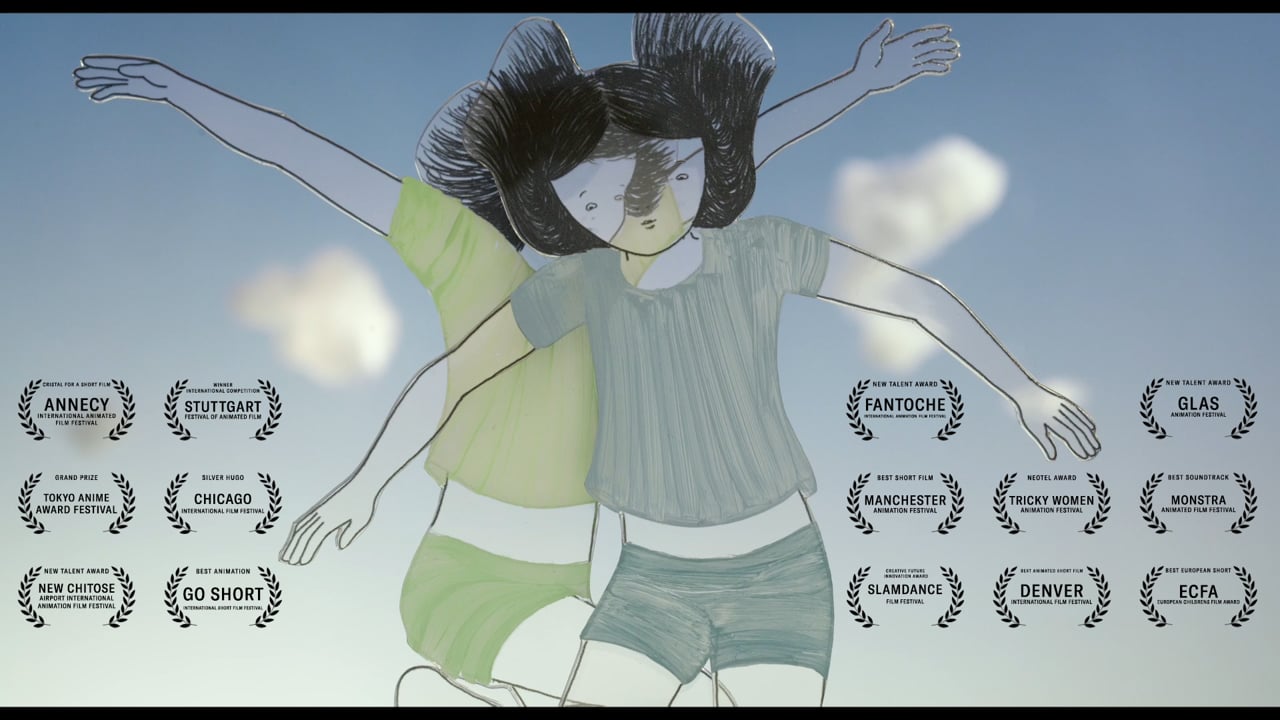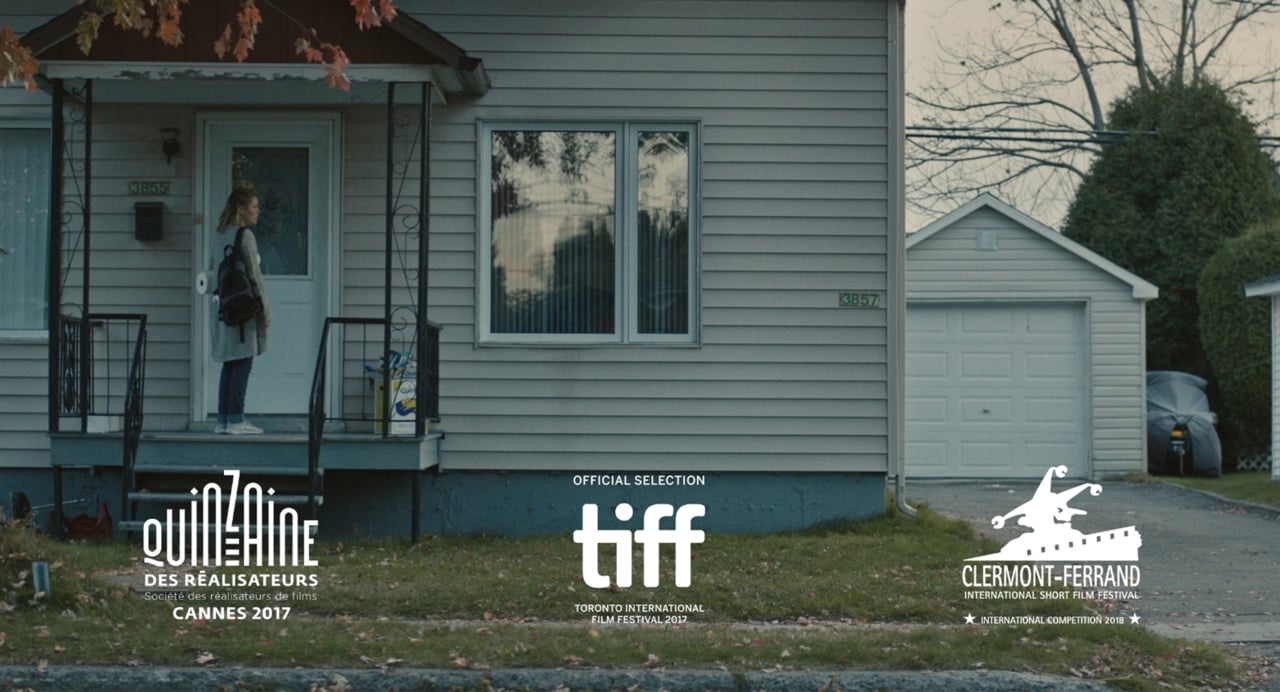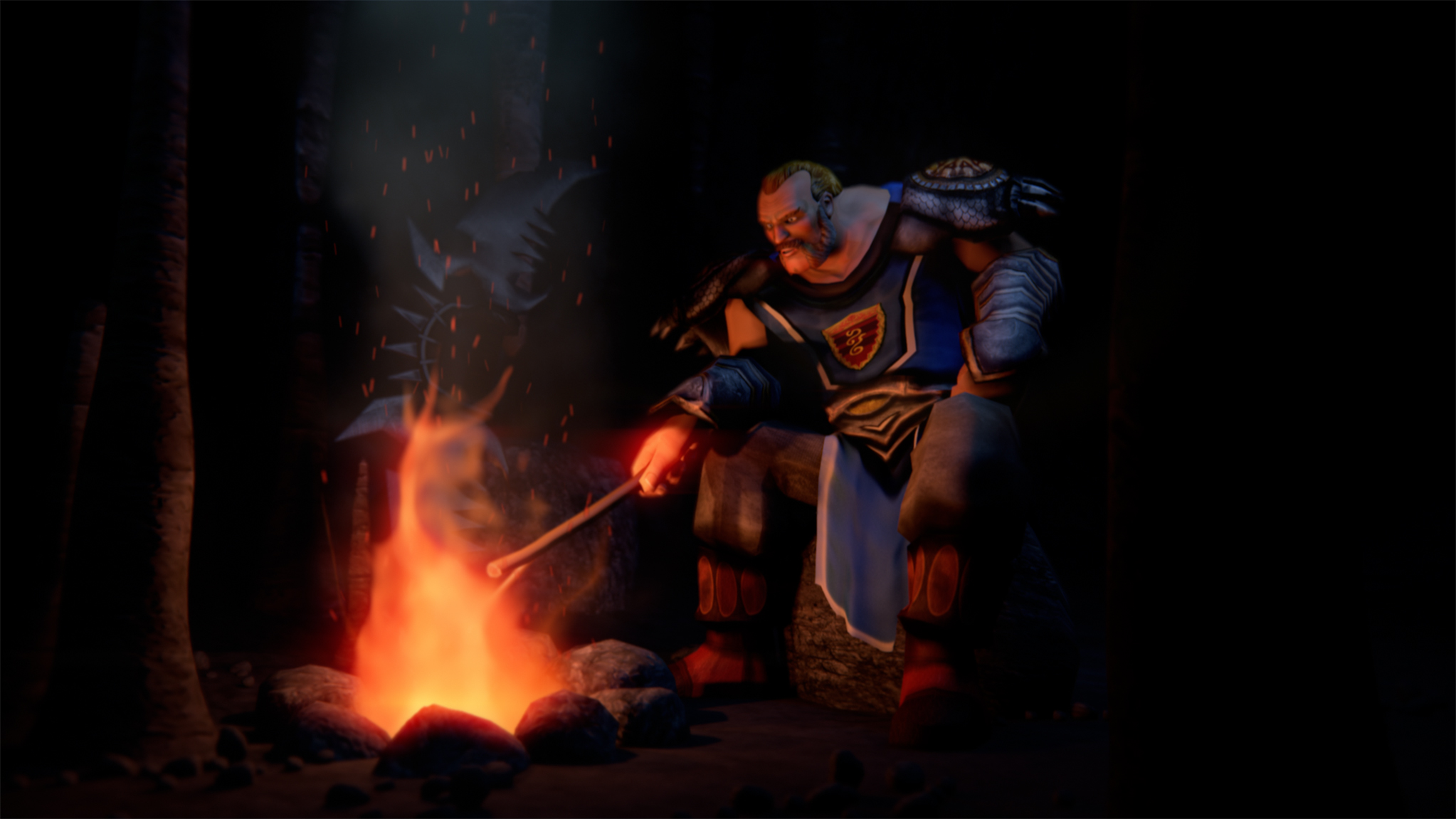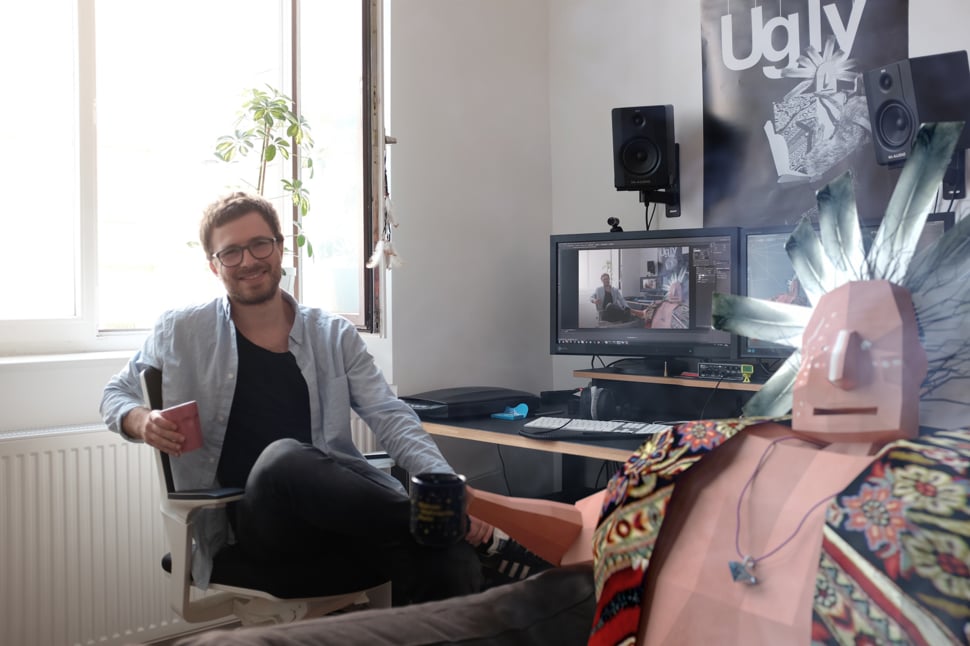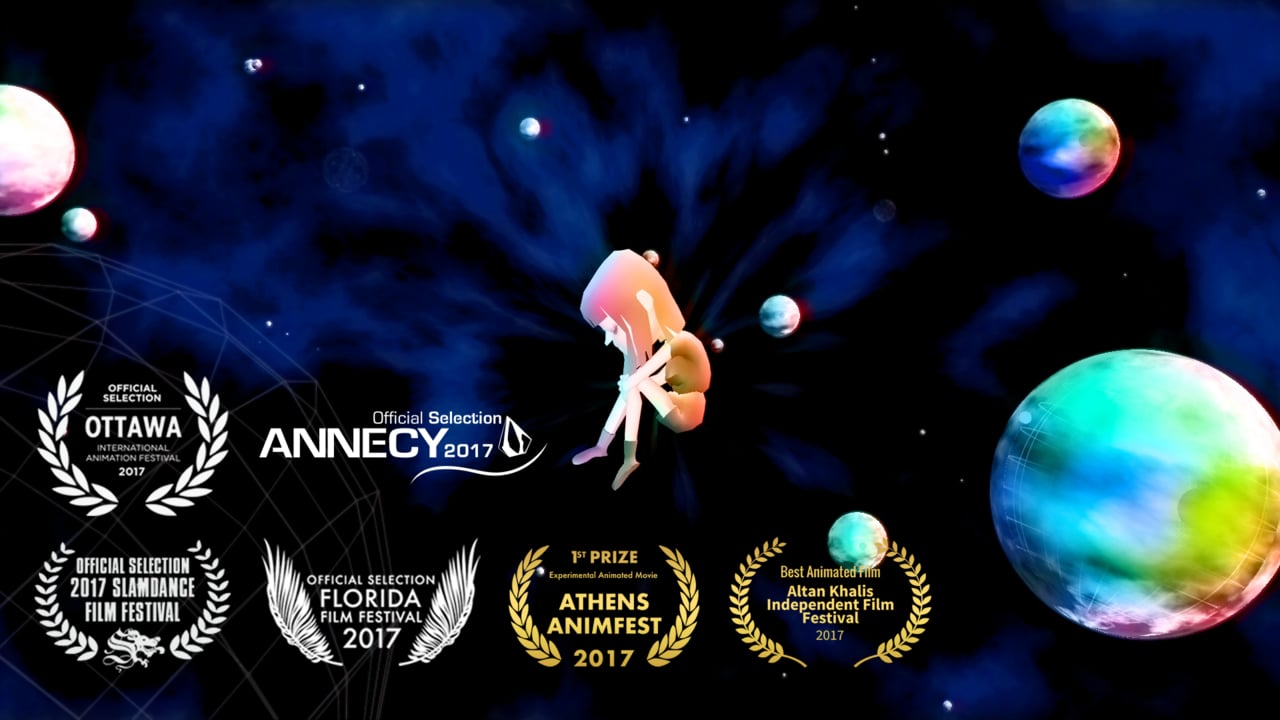Beirut in 1998 was optimistic for filmmaker Ely Dagher. The Lebanese Civil War had ended eight years prior and in its place came a period of recovery with the promise of progress for his home city. Decades later, when Dagher was working on “Waves ‘98” — an animation film that combines several mediums to explore his relationship with Beirut — that feeling of optimism had given way. In its place came a tumultuous state, as city infrastructure continued to crumble and the news played a constant loop of depressing stories. Coming of age amidst such an opposing reality was difficult, but Dagher found escape through his group of friends, where he was able to feel happy and safe. This refuge found within their city’s issues came with other consequences though. Dagher noticed that the more his group blocked out the reality of the city, the more they became numb to the problems surrounding them and their interest in working towards bettering Beirut shrank. Dagher describes his experience growing up in Beirut and struggling with this duality as the catalyst for creating “Waves ‘98”, which went on to earn him the Palme d’Or at the 2015 Cannes Film Festival and is now debuting online today as a Staff Pick Premiere.
Stylistically, “Waves ‘98” immediately caught the Vimeo curation team’s attention. The blend of reality — depicted through thousands of background photographs and live-action footage — with neutrally animated characters and surreal elements was something that we hadn’t seen done in the medium before. In talking with Dagher, we learned that these stylistic choices were more than artistic flairs; they really captured this autobiographical experience for him. The photos and videos convey the way Beirut felt, not just the way it looked. And his character design was aimed to be universal, so that any kid from Beirut could identify with the protagonist Omar and his friends. The surreal elements, including the shiny golden elephant that floats throughout Beirut, is an important symbol to Dagher, as it was the first image that he imagined when approaching “Waves ‘98.”
Dagher describes it as representing the same bubble that he used to escape reality. “It’s a beautiful and fragile refuge while also being heavy, imposing and destructive at the same time,” he explains. Despite the elephant’s ability to transport Omar and his friends to places of relaxation and enjoyment, the film ends by repeating a line that starts the story: “I’m tired of hearing the same story over and over again. It feels like everything is stuck.” It is not until the elephant (with Dagher inside) leaves the city completely that this looping line is broken. This beautiful, eerie image hints that Dagher grew to understand his dual relationship with Beirut through the making of “Waves ‘98.” Only by leaving completely is he able to break the cycle that he grew up with.
Check out more of Vimeo’s Staff Pick Premieres here.
Go beyond staff picks and learn more about Vimeo’s video creation, editing, hosting, and video analytics tools to help enhance your videos by adding music to video, resizing videos, and more so you can make, share, and manage your videos.


